Life
Sign up for our newsletter
We summarize the week's scientific breakthroughs every Thursday.
-
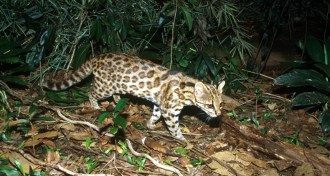 Animals
AnimalsDNA study reveals new wild cat species in Brazil
A new small cat species, Leopardus guttulus, was discovered in Brazil, hiding in plain sight. The oncilla, researchers say, is really two kinds of cat.
-
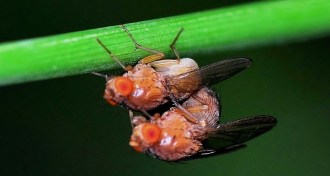 Animals
AnimalsInsect form of sexual frustration takes toll
Smelling female fruit flies but not mating with them can actually shorten males’ lives.
By Susan Milius -
 Life
LifeTo cook up life, just add citrate
The theory that RNA spawned the first organisms gets a boost from a common compound.
By Sam Lemonick -
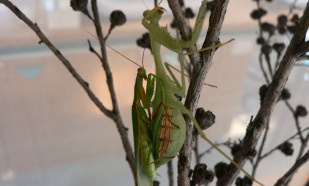 Ecosystems
EcosystemsCannibalistic mantis invades New Zealand, eats natives
Native male New Zealand mantises try to mate with females of an invasive species, only to find out the hard way that those females eat their mates.
-
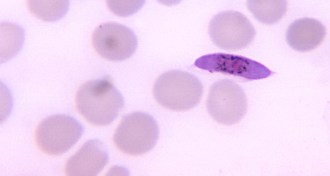 Life
LifeCompounds defeat malaria at every step
Experimental drugs are first to kill all stages of the parasite’s infection cycle.
By Beth Mole -
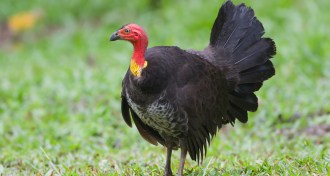 Animals
AnimalsTo study turkey instincts, consider robot turkeys
In 2004, Australian researchers built robot turkeys to study the instincts of Australian brush turkey chicks. Robots can be a useful way of learning more about animals, but the use of robots has yet to take over in animal behavior studies.
-
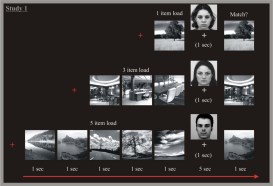 Neuroscience
NeuroscienceThe memory benefits of distraction
We usually think of distraction as a bad thing for memory. But under certain conditions, distraction may help rather than hurt.
-
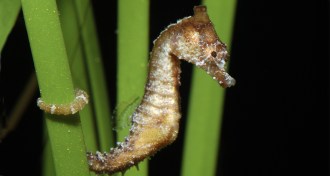 Animals
AnimalsOdd head of seahorse cloaks its sneak attacks
Head shape creates hydrodynamic fake-out for stealth hunting.
By Susan Milius -
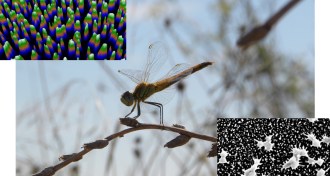 Materials Science
Materials ScienceMaterial inspired by dragonfly wings bursts bacteria
Silicon studded with nanostructures could act as antimicrobial coating on medical devices.
By Beth Mole -
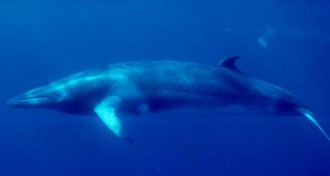 Genetics
GeneticsDNA changes may show how whales adapted to water
Comparing the genetic material of whales has revealed DNA changes that may have helped the animals adapt to aquatic environments.
-
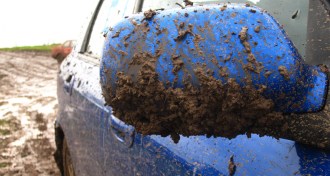 Plants
PlantsHow weeds hitchhike across the country
A drive down a muddy lane can be fun, but it can also pick up the seeds of weeds or invasive species and transport them far away.
-
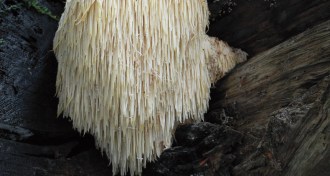 Life
LifeFungal fight club
Combat between fungal individuals is a bit like war between heaps of spaghetti.
By Susan Milius